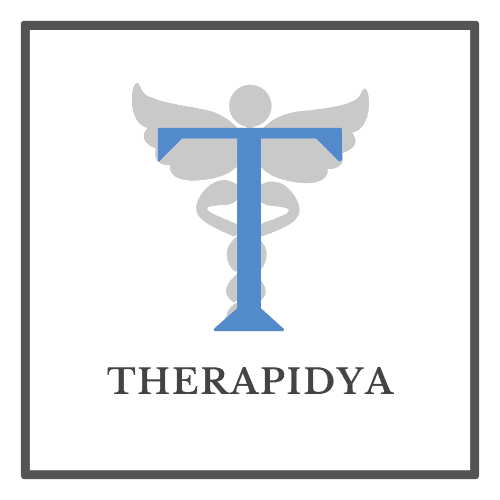Healthcare System in Ghana | National Health Insurance Scheme | Medical Infrastructure | Full Guide 2024
An Overview of the Healthcare System in Ghana
In the heart of West Africa lies Ghana, a country that has made considerable strides in transforming its healthcare system. As of 2024, Ghana has worked tirelessly to ensure that its citizens have access to affordable and adequate healthcare. The structure of Ghana’s healthcare system is tiered, including health posts for primary care, health centers and clinics, district hospitals, regional hospitals, and finally, tertiary hospitals offering specialized care.
Throughout Ghana’s healthcare journey, the narrative has been one of resilience and innovation. One can find stories of community health workers who travel great distances to ensure rural populations receive medical attention, or of policymakers tirelessly working to improve the efficiency of health services. The very fabric of Ghana’s medical infrastructure is woven with tales of dedication and perseverance.
The National Health Insurance Scheme (NHIS)
In 2003, Ghana instituted the National Health Insurance Scheme, a legacy of determination to combat the challenges posed by the cash-and-carry system that preceded it. The NHIS is a form of social intervention designed to provide financial risk protection against the cost of basic healthcare services. Enrolling in the NHIS is a story shared by millions of Ghanaians who have seen an era where healthcare is no longer a luxury but a basic right.
- Registration: A process of obtaining a NHIS card that opens the door to a range of healthcare services with minimal out-of-pocket expenses.
- Benefits: The NHIS covers outpatient services, inpatient services, oral health, emergency care, maternal care, and more, with an extensive list of medications.
- Funding: The scheme is primarily funded through a combination of member contributions, taxes on goods and services, and donor support.
The tales of NHIS members reflect the transformation in access to healthcare, where a visit to the hospital no longer brings financial dread. It’s a testament to Ghana’s commitment to universal health coverage.
Medical Infrastructure Development in Ghana
The backbone of any healthcare system is its infrastructure. Ghana’s medical infrastructure has historically faced challenges, but recent years have seen significant investments and improvements. Upgraded hospitals, new clinics in underserved areas, and the introduction of cutting-edge equipment tell a story of a country on the move to better health outcomes.
- Upgradation: Refurbishment and construction of new facilities that tell a tale of advancement and modernization.
- Equipment: Investments in the latest medical technologies speak of a country pacing towards a future where healthcare delivery matches global standards.
- Manpower: A focus on education and training has added skilled professionals to the healthcare workforce, narrating Ghana’s emphasis on human resource development.
These developments weave a story of a healthcare system that is not only growing but evolving to meet the needs of its population in the 21st century.
Challenges and Opportunities
Despite positive developments, Ghana’s healthcare system still faces challenges that must be acknowledged. Stories of overburdened facilities, shortages of medical professionals, and logistical issues with drug supplies serve as reminders of the work still required. Yet, within each challenge lies an opportunity for growth and renewal.
- The challenge of accessibility is confronted with the opportunity to innovate in telemedicine and mobile health.
- The issue of professional shortages presents the chance to enhance training and retain talent within the country.
- Medicinal logistics problems open the door to implementing more robust supply chain systems.
For every problem that Ghana’s healthcare system faces, there are narratives of individuals and organizations fighting to turn the tide, ensuring a healthier future for all Ghanaians.
Looking Forward: The Future of Healthcare in Ghana
As we gaze into the horizon of 2024 and beyond, the future of healthcare in Ghana is one filled with promise. The nation’s commitment to the Sustainable Development Goals, particularly SDG 3 which aims to ensure healthy lives and promote well-being, is a story that is still being written.
Investments in healthcare infrastructure continue, with new hospitals such as the Agenda 111 initiative aiming to construct 111 hospitals, telling a story of a government resolute in reaching every citizen. Discussions on enhancing the NHIS, digitalizing healthcare records, and fostering public-private partnerships are further chapters in the evolution of Ghana’s healthcare narrative.
This guide to Ghana’s healthcare system, the NHIS, and its medical infrastructure, while not exhaustive, serves as a testament to the progress and enduring spirit of the Ghanaian people. It is a reflection of a complex, but ever-improving system dedicated to securing the health and well-being of every citizen.
And so, as the chapters of Ghana’s healthcare story continue to unfold, we bear witness to a nation’s journey through the intricacies of health systems, the solidarity of communities, and the enduring will to create a healthier, more accessible, and equitable healthcare landscape for all.








